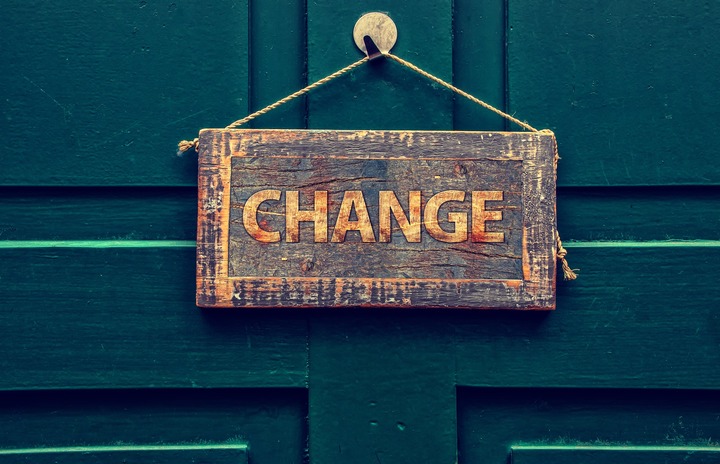The hormonal transition of menopause is a significant and inevitable chapter in every women’s life.
As women, we battle with our hormones, from our teenage years through to midlife, at which point it comes in the form of waves.
There was a time when menopause was a forbidden word. Known as ‘the change’ and typified by hot flushes, mood swings, loss of libido and changes in skin, hair and body. It was nothing to celebrate and certainly not spoken about.
Today though, there’s a different agenda. Led by women in the spotlight, from Viola Davis and Gwyneth Paltrow to Meg Mathews and Lorraine Kelly, plus a whole host of women who are writing and podcasting about the menopause, the ‘M’ word is becoming part of vocabulary.
But ‘menopause’ is no longer a one-name-fits-all term. For every woman, it looks and feels different, and the three key stages of peri-menopause, menopause and post-menopause bring their own challenges.
The world population of menopausal and post menopausal women is projected to be 1.2 billion worldwide by 2025, with 47 million new women transitioning ever year.
Its important to note that we need to be proactive at managing the menopause not just for short term symptom relief but also to prevent against chronic illnesses such as Dementia, Heart disease, Osteoporosis, Depression and Diabetes. In addition it’s the consequences of the symptoms that have a far reaching impact than the symptoms themselves.
With increasing life expectancy on average 85 years of age, women will spend approx 40-50 years post menopause, which naturally predisposes them to chronic illnesses and reduced quality of life if menopause is not managed effectively.
Menopause has so many effects, it can be hard to know where to start to help yourself, but a good place is to understand which stage you are at or might be approaching.
Menopause is an umbrella term for the decline in ovarian hormones oestrogen, progesterone and testosterone.
The focal point of menopause itself is the day you have not had a period for 12 months. Before that you are termed peri-menopausal, the day after postmenopausal.
The transition phases are determined by age, hormonal levels and relevant symptoms:
Premature ovarian insufficiency – affects women under the age of 40. This is a fairly rare condition as a result of a rapid drop in the production of oestrogen and progesterone. POI means the ovaries stop producing eggs, years before they should.
Early menopause – is when women are between 40 and 45 years of age. This may occur for medical reasons, including surgery or drug induced.
Peri-menopause – starts anywhere from late 30’s to early 40’s and lasts until your last menstrual period. Women are often unaware that they’re entering the peri-menopausal which can be distressing. Hot flushes and night sweats can start five or more years before your periods stop at menopause. However it’s more often the psychological symptoms that go unnoticed the longest, or rather dissociated with, such as anxiety, loss of confidence, bursting into tears for no apparent reason!
During peri-menopause, ovaries produce fewer and weaker follicles until eventually you stop ovulating. Often, the levels of hormones progesterone reduce first, causing mood swings, low mood, anxiety, poor sleep and weight gain without the classic hot flushes.
Menopause – The menopause itself is said to have been reached when a woman has been period-free for 12 continuous months. Essentially this is your ‘menopause day’. Menopause symptoms can start many years before menopause day, while women are still having periods, so very often we don’t connect the two.
Post menopause – this is the phase which starts the day after menopause and for the rest of your life. Progesterone levels fall to as little as one-twentieth of pre-menopausal levels, which may contribute to some postmenopausal symptoms, such as mood swings. The adrenal glands continue producing small amounts of a type of oestrogen called oestrone. Excess stress can reduce this adrenal output, so de-stressing is key.
Whether you are at the beginning of your menopause journey, midway through or approaching the end, there’s probably one thing you have in common with many other women- it’s still hard to talk about. You either feel like ‘the only one’, or you wonder if your symptoms are the worst.
Feel free to share this with anyone you know will benefit from becoming aware of the most challenging yet transformative journey in their life.


